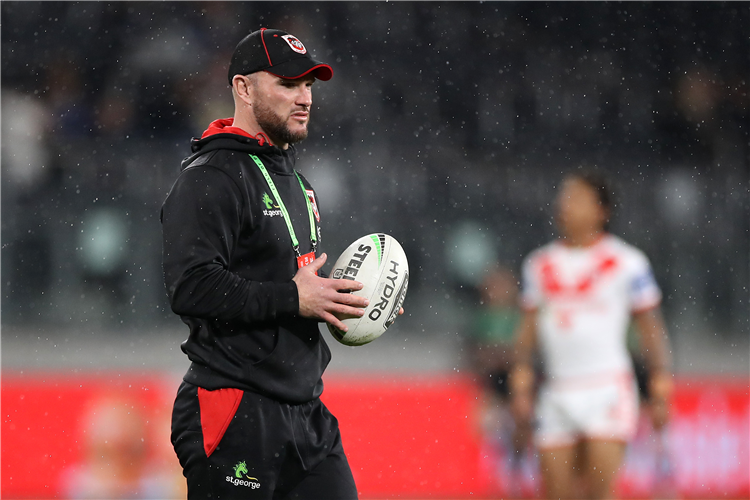
Tasmania's government failed to consult with key stakeholders before choosing the site for a proposed stadium in Hobart, a parliamentary committee has found.
There was also no evidence provided to the committee about the basis for assumptions in business-case models, including about the number of expected events.
Construction of the $715 million 23,000-seat roofed waterfront stadium was a condition of the AFL granting a licence to Tasmania for expected entry in the competition in 2028.
The stadium is backed by the Liberal state government but has attracted opposition, with thousands protesting at a rally in May.
A parliamentary committee examining state government processes behind the project on Wednesday released an interim report.
The Macquarie Point site was announced on September 18 by the government as the preferred location.
The committee found the government did not consult with RSL Tasmania, the Vietnam Veterans Association, Hobart City Council or TasWater until after cabinet made a decision on September 5 to lock in the site.
The RSL has raised concerns about the stadium potentially overshadowing the nearby cenotaph, while TasWater runs a sewage treatment plant on the site.
The committee said many assumptions in reports, including by consultants PwC and MI Global, were not comprehensive or detailed enough to enable a meaningful cost-benefit analysis.
A PwC report claimed the stadium would attract 28 new events annually.
Seven of those were National Rugby League matches, which have not been played in Tasmania since 2014, the committee noted.
Liberal MP Dean Young said both consultants' reports had been done by extremely qualified organisations and had been accepted by both federal and state governments.
He said the stadium would be multipurpose and give "many sports a chance to have events at the top level".
The committee's report was released on the same day a report by pro-stadium group 'Yes AFL Team Inc' spruiked the economic benefits of the facility.
It said the stadium would turn a profit of $527 million over 20 years or $54 million in a worst-case scenario.
The report, authored by former Wilderness Society chief executive Russell Hanson, was backed by prominent economist Saul Eslake who described it as a powerful case.
Mr Eslake is also a board member of Macquarie Point Development Corporation, which is involved in managing long-term plans for the site.
Economic modelling in the MI Global report said the stadium would generate an economic loss of $306 million over 20 years.
The state government has pledged $375 million towards the stadium, with the AFL chipping in $15 million and $85 million to be garnered through borrowings or leases.
The federal government has committed $240 million to broad development at the Macquarie Point site.
The project must pass through two votes of state parliament and be assessed by the Tasmanian Planning Commission.







